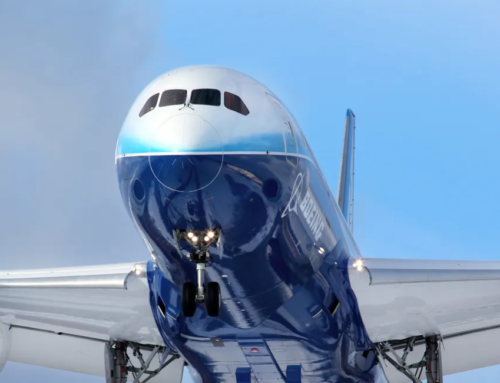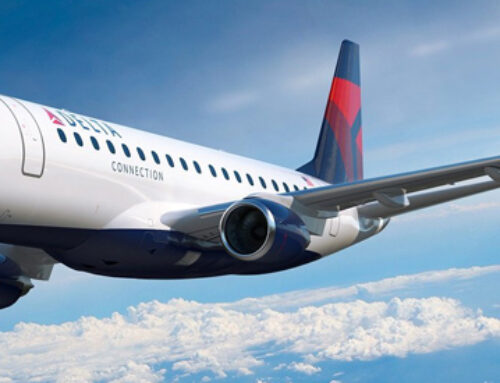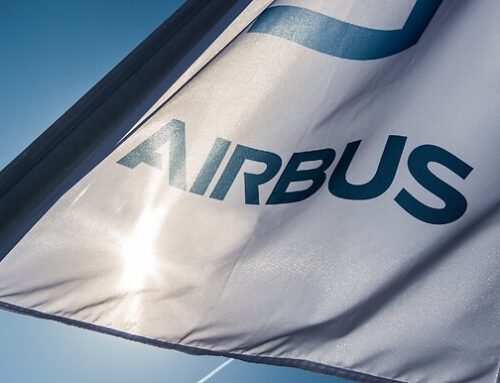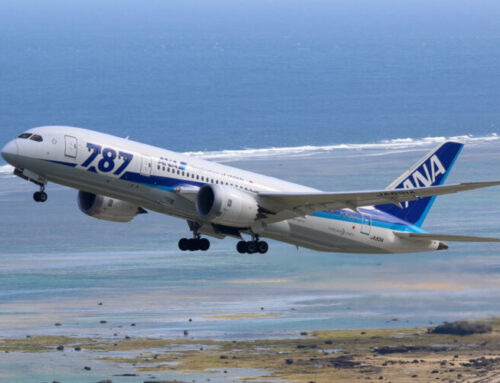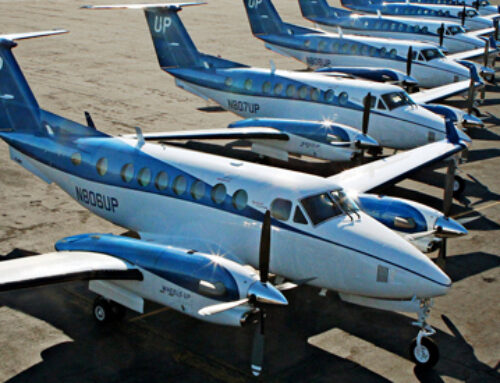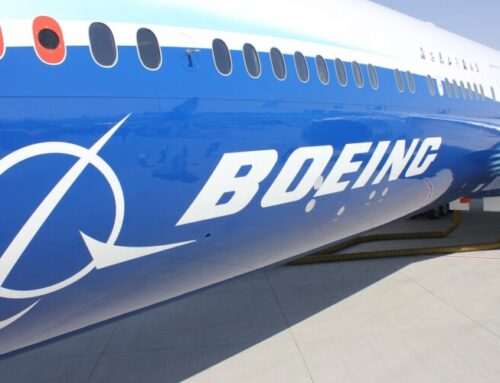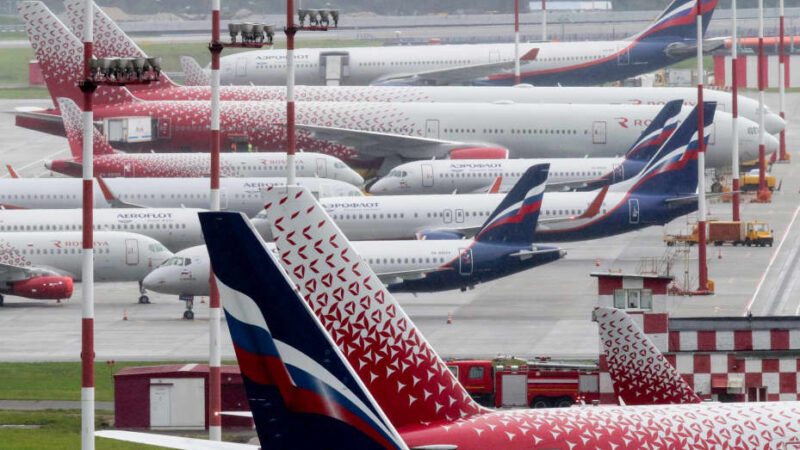
Russia’s decision to block foreign owners from seizing hundreds of planes worth about $10 billion is roiling a market where aircraft leases are bundled into bonds and sold to investors.
European Union sanctions imposed on Russia because of its Ukraine invasion give plane owners until Mar. 28 to retrieve the planes. But only a handful have been extracted, and hopes for more are dim.
And so some asset-backed securities in the aviation space are coming under duress as a result. Although these types of transactions are designed to survive cash flow problems at the airlines leasing the planes, fully losing access to planes under these circumstances almost guarantees that lease payments that feed these ABS deals will soon dry up, with recourse uncertain.
“It will be interesting to watch, as potentially the bottom capital structure could start to see losses,” said Jennifer Thomas, portfolio manager at Loomis, Sayles & Co.
The situation has already had a chilling effect on over two dozen aircraft ABS deals that are exposed to the region, with investors fearing some tranches within those deals might take losses. Among the ones most exposed are two from Carlyle Aviation — one with 44% and another with 37% of lease payments tied to Russia or Ukraine — and two others from Castlelake Aviation.
Kroll Bond Ratings is evaluating whether to downgrade nine deals, worth roughly $2.9 billion in total, including the Carlyle and Castlelake ones.
Moody’s Investors Service has done the same to one Castlelake ABS. According to a March 7 note from the credit rater, the deal will see reduced cash flow due to “foregone lease income tied to early lease terminations and increased transaction costs stemming from potentially prolonged repossession and remarketing timelines associated with the aircraft on lease to Russian airlines.”
Some deals have already moved frantically in the secondary market. A refinancing of a Castlelake aircraft-lease asset-backed bond originally issued in 2017 plunged in value in early March after the Russian invasion, losing 17 cents on the dollar in a single day, according to Empirasign.
The bond, known as CLAST 2017-1R, tranche B, was marked as high as 99.8 cents on Dec. 31 and plummeted to about 82 cents on March 1, Empirasign said. It’s currently at 83.25 cents. The ABS has about a 20% exposure to Russia, according to S&P.
Investors are trying to get insurers to pay for losses, but that could be an uphill battle. By Feb. 26, EU-based insurers and reinsurers were required to stop providing coverage of planes to Russia-based airlines, while in Ukraine, some insurers have already withdrawn their coverage for aircraft leased and located in the country despite a lack of sanctions.
Although lessors have their own insurance policies, insurers may find a way to not pay them back, Moody’s said. “Insurers may take steps to unilaterally cancel some policies, subject to required notice periods, before lessors incur losses, which could limit lessors’ recoveries and add to potential future loss in the transactions.” Bloomberg.com

